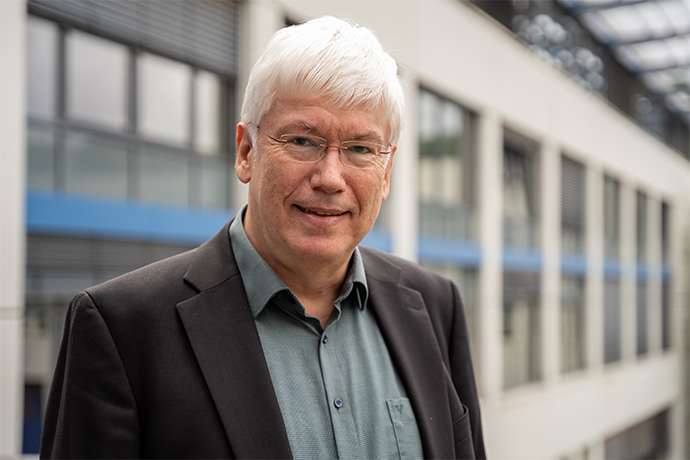
Prof. Dr. Stephan Busemann
Organizational unit
Multilinguality and Language Technology
Address
(Saarbrücken)

Publications
All publicationsProfile
EUC PT
EU Council Presidency TranslatorLanguage is an essential part of our lives – we use it to share information, to describe our feelings, to discuss with others or to pass on knowledge to the next generations. It is a vital component…

DEEPLEE
Tiefes Lernen für End-to-End-Anwendungen in der SprachtechnologieThe research work in DEEPLEE, which is carried out in the Language Technology research departments in Saabrücken and Berlin, builds on DFKI's expertise in the areas of "deep learning" (DL) and…

QT21
QT21: Quality Translation 21A European Digital Single Market free of barriers, including language barriers, is a stated EU objective to be achieved by 2020. The findings of the META-NET Language White Papers show that currently…

INTERACT
Interactive Manual Assembly Operations for the Human-Centered Workplaces of the FutureIn order to be competitive in a global scale, European factories should be operated by a highly skilled workforce supported by advanced automation and IT tools. INTERACT aims to utilize workers'; …

Accurat
Analysis and Evaluation of Comparable Corpora for Under-Resourced Areas of Machine TranslationThe project aims at researching methods and techniques to overcome one of the central problems of machine translation (MT) – the lack of linguistic resources such as training data for under-resourced…